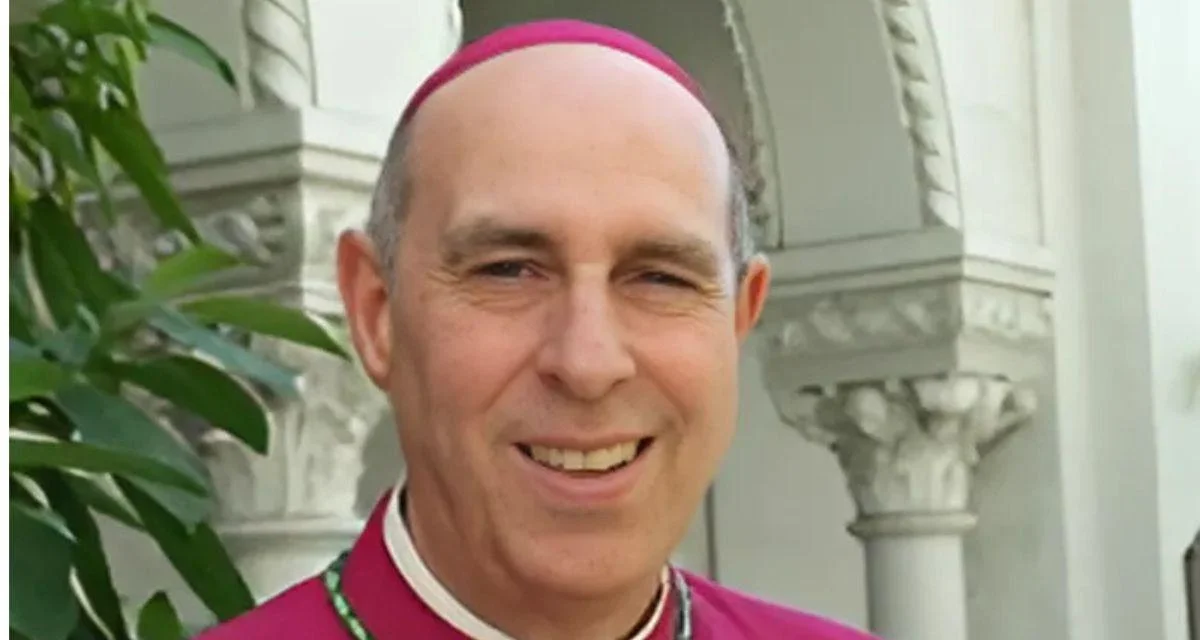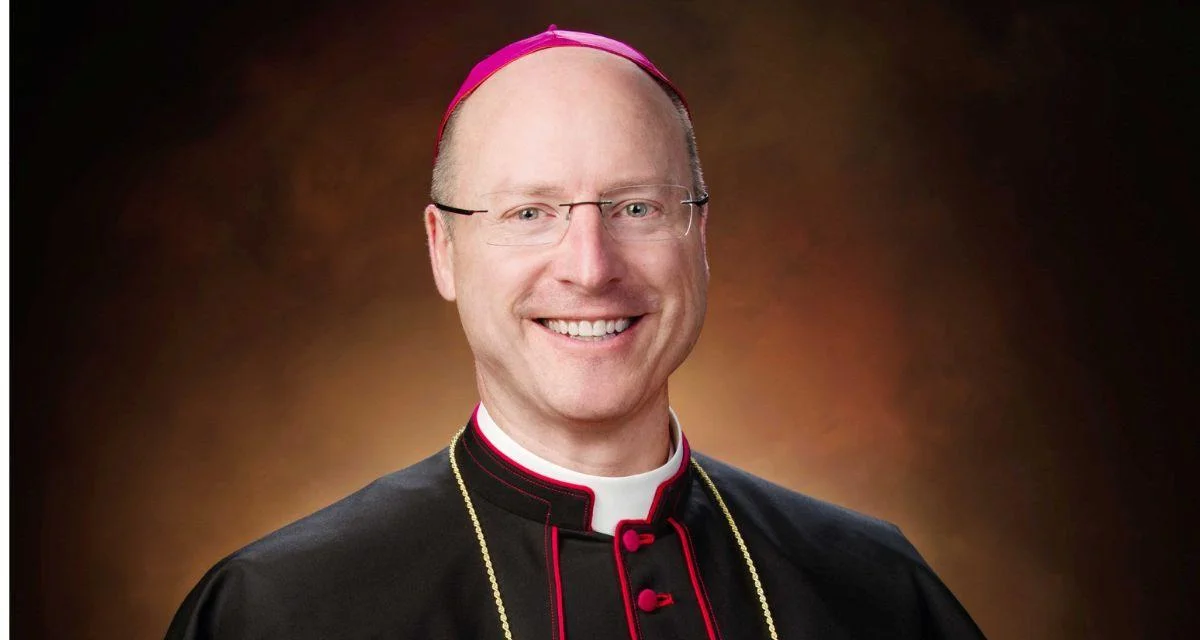
Rev. James D. Conley, D.D., S.T.L. | Diocese of Lincoln website
In a recent inquiry addressed to the Register, a question was posed regarding the biblical story of Jonah and his decision to flee to Tarshish instead of obeying God's command to preach in Nineveh. The response sheds light on this intriguing narrative.
The common assumption is that Jonah fled due to fear and hatred towards the Assyrians, known for their wickedness and violence. However, the text suggests otherwise. In Jonah 1:3, it is stated that Jonah attempted to escape "from the presence of the LORD." This indicates that his primary issue was not with Nineveh but with God himself.
Jonah's reluctance stemmed from his knowledge of God's nature as "a gracious God and merciful, slow to anger and abounding in steadfast love," as he later admits in an "I told you so" speech to God (Jon 4:2). He was comfortable with God's mercy when it benefited him and his people but struggled with extending that grace to others.
Despite Nineveh's reputation, neither Jonah nor the narrator express disdain for its inhabitants. Instead, Nineveh is referred to as "the great city," highlighting God's concern for all living there (Jon 4:11).
Ultimately, Jonah's contention lay with God's willingness to extend mercy beyond those whom Jonah deemed deserving. This reflects a broader theme of divine grace being available even where judgment seems warranted.
The story prompts reflection on modern cities like Moscow or New York, suggesting they too might be considered "great cities" by God due to their populations' needs. It challenges readers to consider how divine mercy could be extended universally rather than selectively.






 Alerts Sign-up
Alerts Sign-up